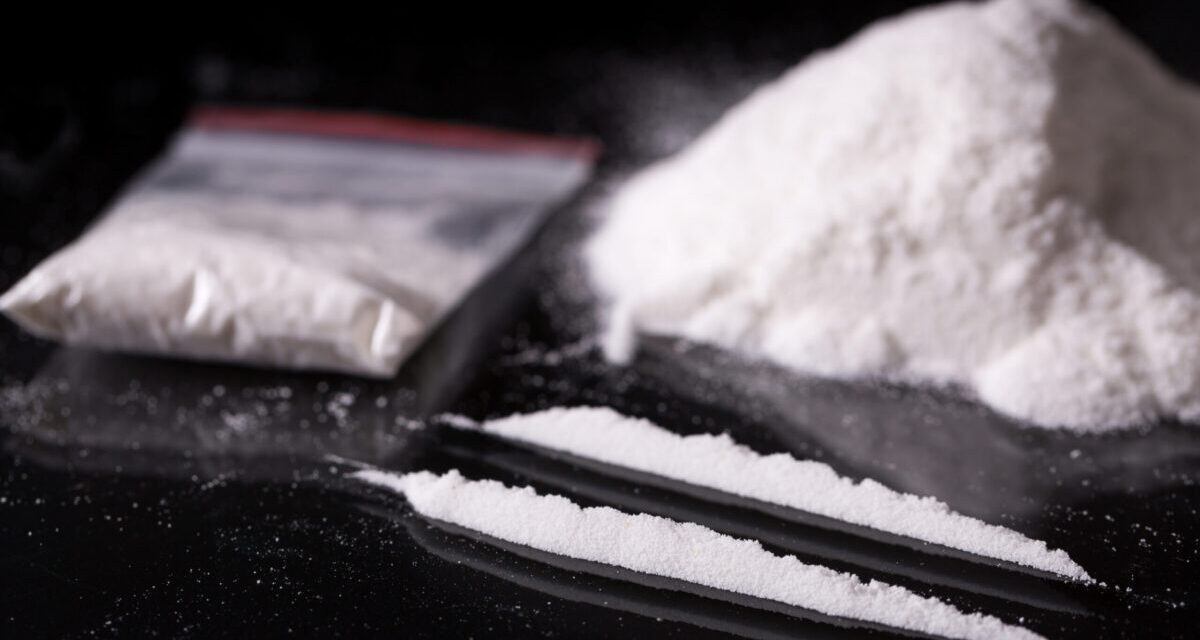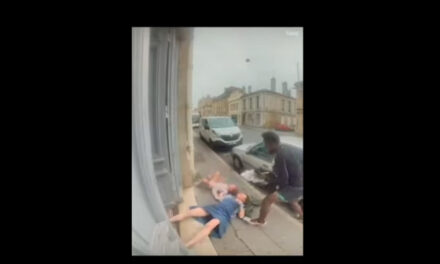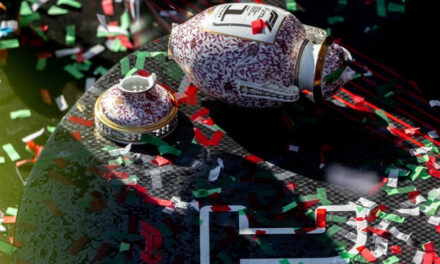Let's see how everyday life is spent in each neighborhood!
"The Belgian king is already worried about the drug gangs in Brussels"
– we could read here in the past few days; so let's turn the pages of the specific news and see how everyday is spent in each neighborhood.
Let's start with Etterbeek, a district located in the immediate vicinity of the EU institutions and therefore popular among Eurocrats: at the Merode metro station, which also serves many schools, in recent weeks more and more people have shot themselves (and defecated) in front of the passengers (including hundreds of students),
therefore, from now on, the homeless and drug addicts can only stay in two designated areas, away from the tracks, on an experimental basis.
"The philosophy is not to remove drug addicts from the station. This would not even be possible, neither humanly nor from an operational point of view," pointed out the liberal mayor who ordered the measure, adding that at the same time he has an obligation to somehow guarantee the safety of the citizens.
An estimated 700 drug addicts live in Brussels metro stations. Heroin, cocaine and crack are available at the Schuman station next to the headquarters of the European Commission; at the stop at the downtown botanical garden, a journalist from De Standaard stumbled upon a dozen drug addicts who were distributing a bag of cocaine among themselves on the escalator, yelling wildly. An interviewed passenger said:
"I came from a small village in Spain to Brussels a few months ago as an intern, and I was mentally prepared for what I would encounter, but I didn't think it would be so shocking."
At the same time, the young girl added:
he still dares to take the subway; his strategy is to dress as discreetly as possible and leave the station area as quickly as possible.
There, unsuspecting tourists with their suitcases would have thought to use the elevator, but a man and a woman were lying in the elevator door, smoking crack. The journalist later found out about the woman: she came from Morocco, has been living in Brussels for seven years, and pays for drugs with her body - that afternoon, for example, she received 15 euros for her services on the sidewalk, which included a slice of pizza and a dose of crack. The effects of crack lasted exactly as long as he told them; after that he suddenly became aggressive. The employee of the Red Cross also says:
passers-by sometimes try to offer food to the unfortunates, but this kind of interaction is not safe due to the unpredictability of drug addicts.
Accordingly, at a station a little further down, the dealer rides his bike smoothly across the platform from one customer to another - the employees of the transport company silently observe the events.
Meanwhile, employees of the G4S security company no longer enter Peterbos, a social housing district in Anderlecht, saying it is "too dangerous": on the roads leading to the quarter with a population of four thousand, masked dealers and sometimes 10-11-year-old hired children check the entrances, even examining their phones or ID cards also, providing them with instructions such as: "if you spit at the cops, you will die".
The rival gangs, consisting mainly of teenagers and twenty-somethings, shoot in broad daylight; the gang leader is said to be running the threads from prison, in collaboration with his colleagues in Marseille.
The manager of the social housing company (named Lotfi Mostefa) complained: they are currently renovating one of the residential buildings for 14.5 million euros, but the workers have to negotiate with the drug dealers every day to get permission from them to continue -
and they behave well: whenever they come across a drug hiding place, they only talk to the dealers. For the time being, we have managed to find a security company that agrees to station someone in the building 24/7 for a whopping 70,000 euros per month (i.e. HUF 27.5 million), but this does not seem like a financially sustainable solution.
In February, there were seven drug-related shootings in two weeks in Brussels, which, according to the Socialist Prime Minister of the Brussels region, refers to clashes between rival gangs for the purpose of occupying territory and occurs "all over the world". In any case, a relevant strategy has now been adopted; part of this is the development of public safety and infrastructure in the most problematic neighborhoods, as well as prevention among high-risk groups, including undocumented and/or minor migrants (often used as cannon fodder by gangs).
Featured image: Shutterstock












